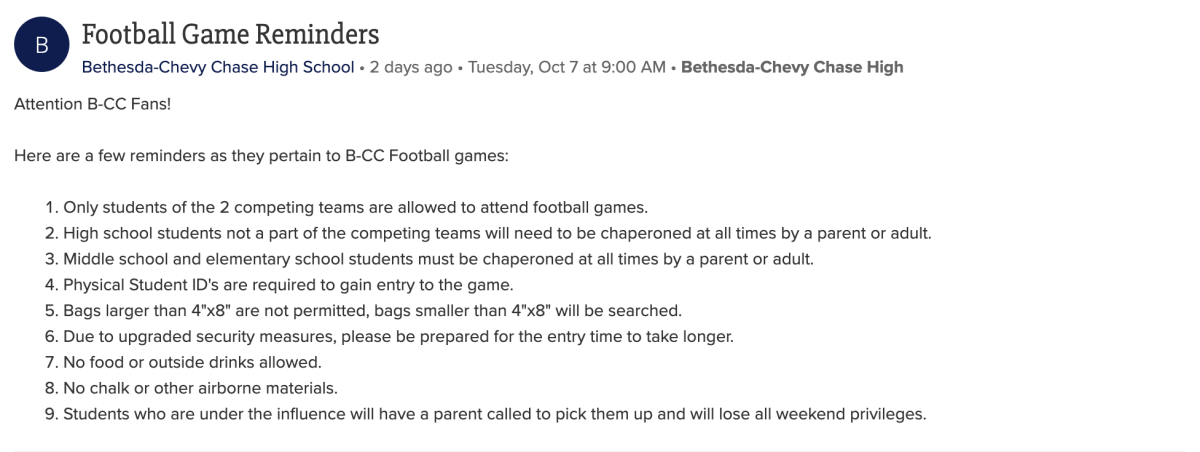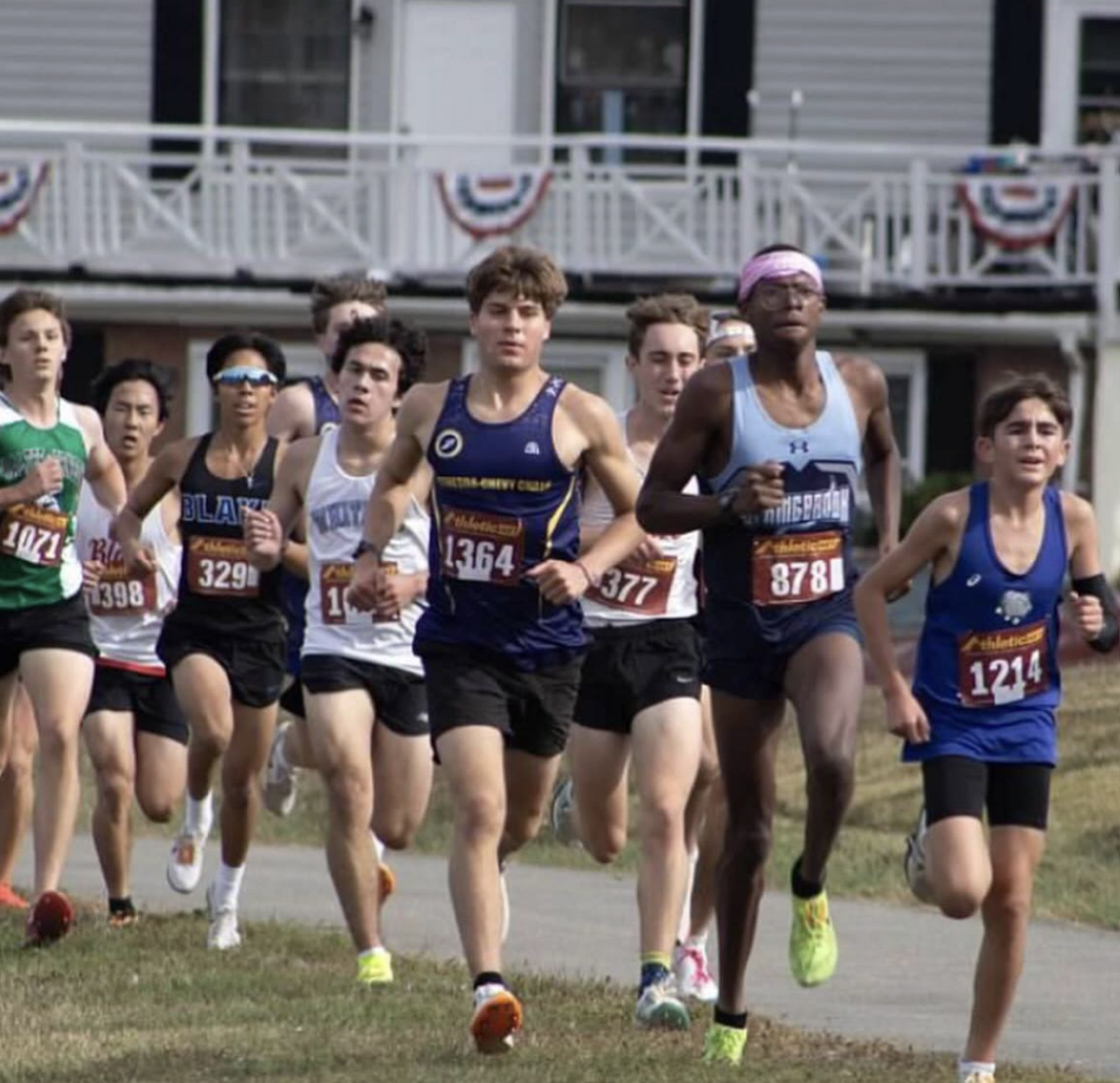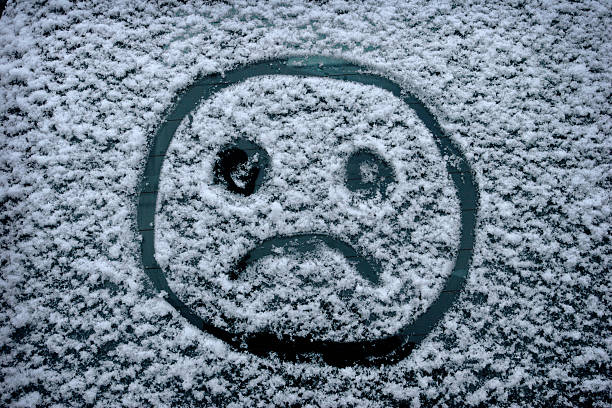Winter has descended upon B-CC, and students and staff alike may find themselves grappling with an all-too-familiar foe: seasonal depression, also known as Seasonal Affective Disorder (SAD). This condition, which typically rears its head during the darker, colder months of the year, can cast a shadow over academic performance, social life, and overall well-being. Understanding this phenomenon is the first step toward finding effective coping strategies.
Seasonal depression is a subtype of major depressive disorder, characterized by recurrent episodes of depression during specific seasons, most commonly the fall and winter. The exact cause remains elusive, but several factors contribute to its development. Reduced exposure to natural light, altered circadian rhythms, and a drop in serotonin levels from a lack of activity in the colder months. These all play a role in its onset. Senior Layla Hamzaoui said, “I have experienced the effects of seasonal depression as soon as it gets cold. I need to go outside, and the cold keeps me inside, where I feel stir crazy.”
Students at B-CC, like those in many parts of the world, often experience the telltale symptoms of seasonal depression due to the daily school day dynamic. This includes getting up early, having less sunlight later in the day than in the summer, going outside and having it windy or unbelievably cold, testing, big exams creeping up as the first semester ends, and not having many football games or holidays to look forward to in the winter. The symptoms can present as persistent feelings of sadness, low energy, changes in sleep patterns, weight gain, difficulty concentrating, and a loss of interest in activities that were once enjoyable. It’s easy for academic performance to suffer as a result, due to a lack of usual focus and motivation. Seasonal depression is a genuine condition, but in many cases, it’s seen as just the “winter blues” hitting. When talking to Junior Olivia Brawner about how it impacted her, she said, “When the winter weather comes, I am not able to stay focused in school and be productive. I feel my happiest with a tan and sunshine in the summer.”
Fortunately, there are several effective coping strategies to combat the impact of seasonal depression. For students, these techniques can make a significant difference. Freshman Spencer Hardwick said, “When the weather sucks, I watch a movie or bake to feel rejuvenated.” He added, “I find it effective to go on walks and listen to music to get fresh air.” Senior Isabella Goodman said, “When school and the gloomy cold make me feel under the weather, I practice mindfulness and take some time for myself to read or journal.”
Seasonal depression can be challenging, but with awareness, understanding, and the right strategies in place, students at B-CC can weather the winter months more comfortably. Students can take it upon themselves to help their symptoms by exercising more frequently, incorporating light therapy like sunset lamps, and adding mental health practices into their daily routines like reading and journaling. At school, there are wellness days and support from counselors and the school therapist if a student ever needs to reach out. By providing resources, education, and empathy, B-CC’s community can help its students shine even during the darkest of days.








































